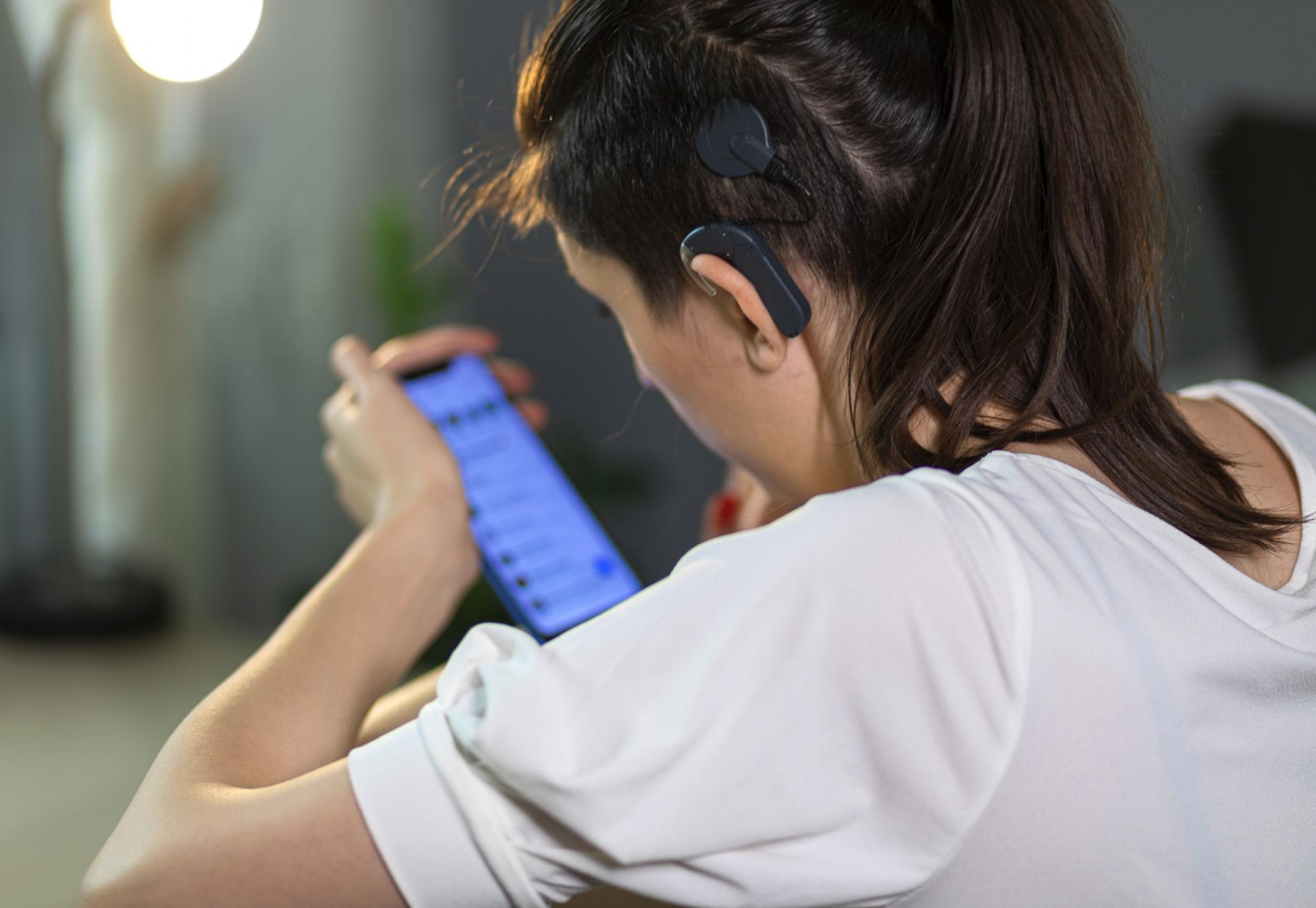A report published today by the Deaf Health Charity- Signhealth, has found that 81 percent of patients reported having an appointment where their communication needs were unmet.
The report also revealed that 67 percent of Deaf people said that they are unaware of an accessible way of contacting their GP.
At the end of last year over 900 people responded to a survey about the NHS Accessible Information Standard (AIS) England, consisting of charities and disabled people who have accessible information and communication needs.
The AIS is made up of a Specification and Implementation Guidance which set out a clear and consistent approach to identifying, recording, flagging, sharing, and meeting the information and communication support needs of patients.
Amongst the concern raised by patients, the report also found that one in three health and social care providers were unaware or unsure of the existence of the AIS.
The responses have sparked a fear that there is a severe lack of training, and a poor understanding of the accessibility issues Deaf people experience when accessing healthcare.
Tasks such as making appointments, communicating with health professionals, finding out test results and receiving information on medication can be difficult for those with a lack of accessible communications.
Signhealth have suggested a list of priorities for improving some of the areas for concern such as implementation and accountability.
The charity suggests that more training for staff is put in place so staff understand the importance of the AIS, as well as updated patient record systems which should flag up to staff that someone who requires alternative forms of communication has booked an appointment.
In addition to implementation, the monitoring and accountability of providers is something Signhealth want to see improved. They ask that information accessibility should be written into providers contracts as standard.
Some responses to the survey showed that emails and texts would be a preferred method of contact for GP surgeries as well as video relay services with British Sign Language (BSL) interpreters being made readily available.
You can read the full report here along with BSL translations of patient’s experiences.



















